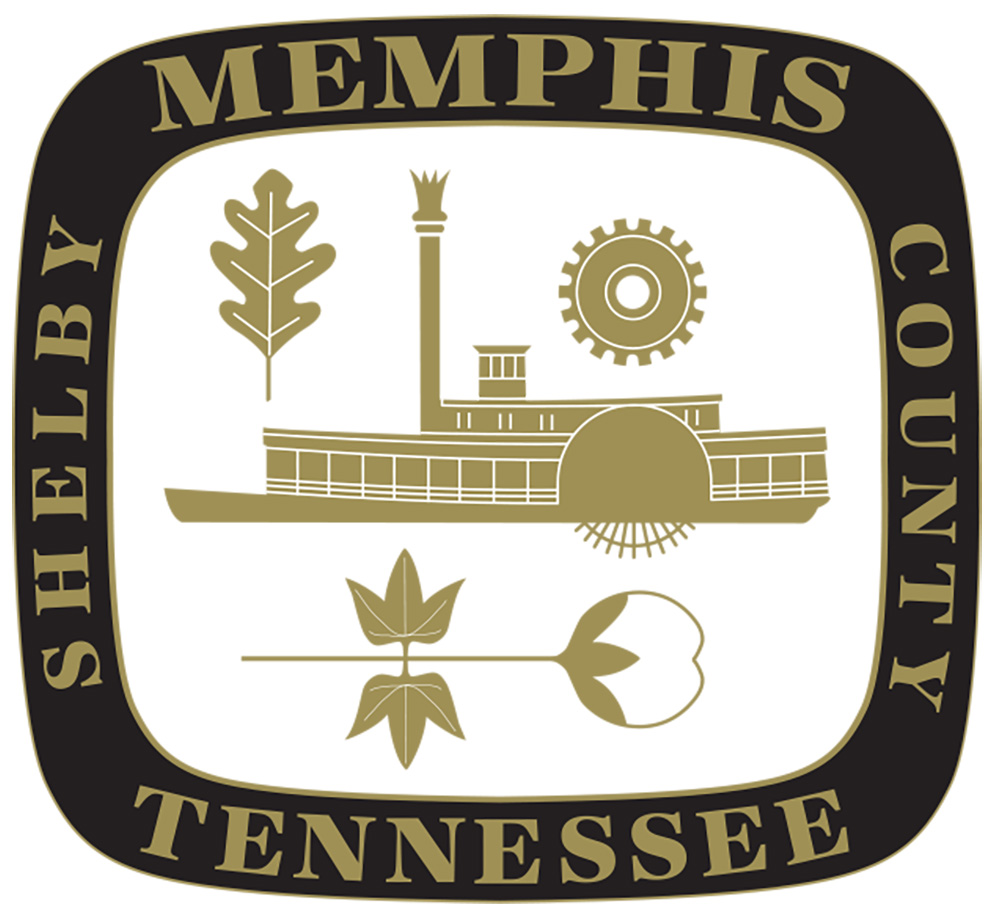Election coverage and various polls keep emphasizing the dead-heat aspects of the national presidential election, but the fact is that, for voters in Memphis and Shelby County, there is minimal suspense associated with the presidential race.
The assumption is that — population demographics, past election performances, and partisan loyalties being what they are — the Republican Trump-Vance ticket should win easily statewide, and the Democratic Harris-Walz ticket should romp locally.
Which is not to suggest that the presidential race won’t affect other options on the November 5th ballot. There will undoubtedly be a carryover effect from the anticipated heavier turnout of voters expressing their preferences for president.
Clearly, this effect could be all-important in some races on the Shelby County ballot — especially the showdown in the District 97 race for state representative between GOP incumbent John Gillespie and Democratic challenger Jesse Huseth. This race, for the right to represent Memphis’ upscale Poplar Corridor, is being closely watched for its potential future implications regarding the statewide voter mainstream.
But in the long as well as the short run, the key portions of the local ballot could be four referenda directed at Memphis voters, the outcome of which could be more than usually significant.
The most highly publicized of these is City of Memphis Referendum Ordinance No. 5908, a three-parter couched in pollster-like terms that could serve as a potential trigger mechanism for enacting local gun safety measures in the future.
The referendum would serve to measure city voters’ sentiment for reinstatement of carry permits for firearms, for banning the local sale of assault rifles, and for enabling judges to issue extreme-risk (“red flag”) protection orders prohibiting gun ownership by certifiably risky persons.
Ordinance No. 5908, authorized by the city council in light of citizen alarm concerning violent crimes locally, ignited a back-and-forth legal and rhetorical struggle between city and state authorities, resolved finally by Chancellor Melanie Taylor Jefferson in favor of allowing the referendum on the local ballot in the face of threats by state officials to withhold shared state tax revenues from the city.
Also on the ballot are several provisions involving the city charter that would have direct impact on the conduct of Memphis elections and city government at large.
City of Memphis Referendum Ordinance No. 5884 would strike down the ban of runoffs in mayoral and at-large city races that was established in 1991. The ban was imposed by the late federal Judge Jerome Turner as a safeguard against organized blanket voting against Blacks, then (but no longer) a racial minority.
City of Memphis Referendum Ordinance No. 5913 would impose a requirement that candidates for Memphis mayor would have to establish legal residence in the city for two years prior to election. This referendum, if passed, would resolve a legal dispute that arose in the mayoral election of 2023 — one that saw the viability of several prominent candidates come under question.
And City of Memphis Referendum Ordinance No. 5893 would “authorize the City Council by ordinance to fix and determine the salaries of the Mayor, City Council, Chief Administrative Officer, and Appointed Directors and Deputy Directors.”
This referendum, authorized by the council in light of several recent disputes between itself and the current mayoral administration, would tilt the weight of authority in favor of the council.
